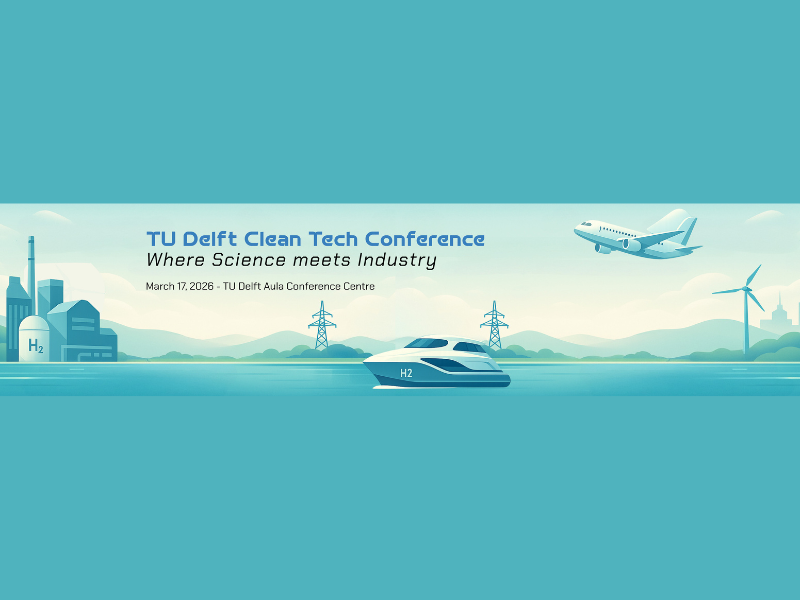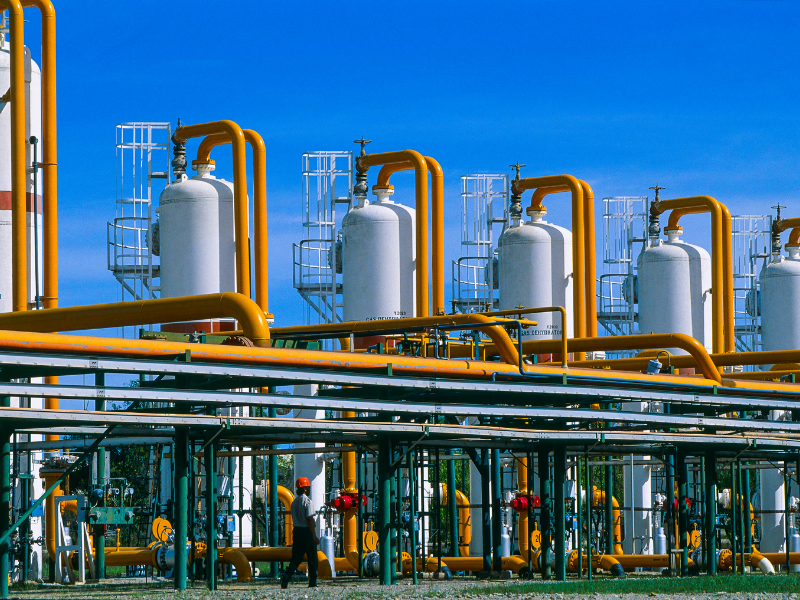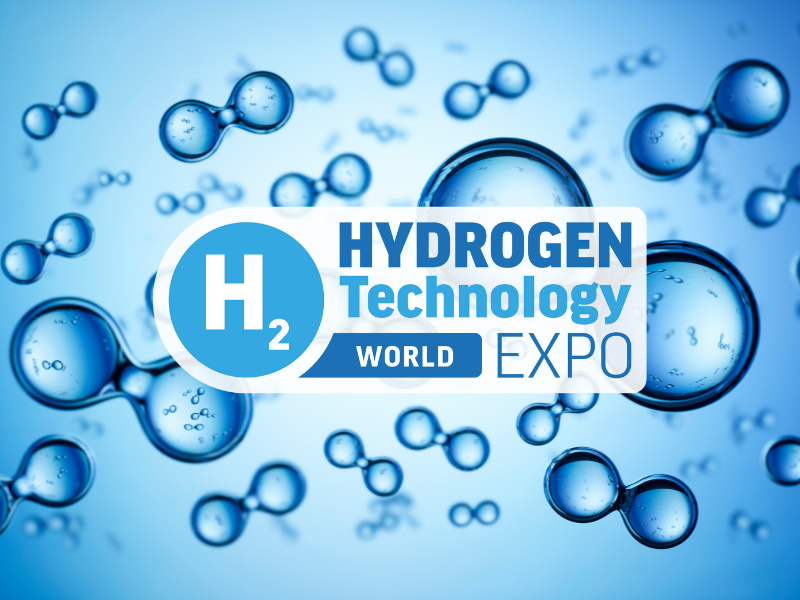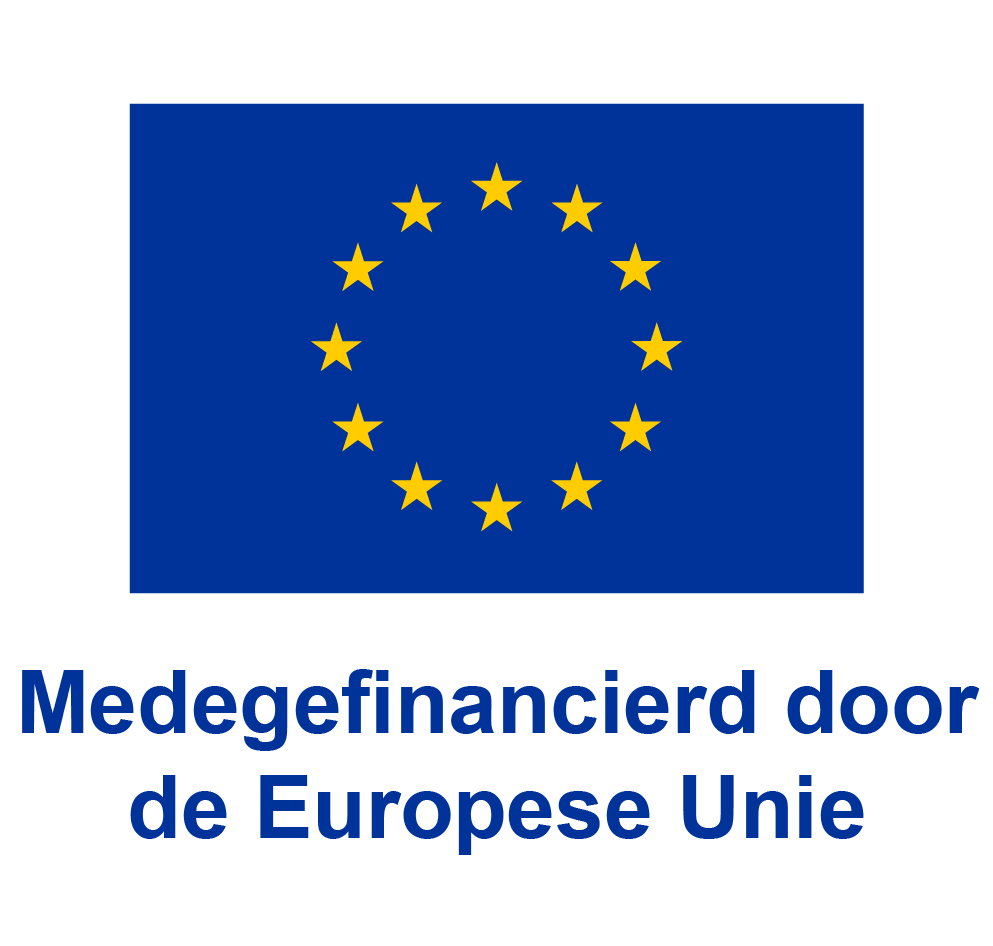Four promising electrification options for LANXESS
To electrify a large energy consumer at their Rotterdam production site, LANXESS recently enlisted the help of the Fieldlab Industrial Electrification (FLIE). After researching and working closely with LANXESS, FLIE came up with four promising options.
At its Rotterdam production site, LANXESS makes benzoic acid, benzaldehyde and benzyl alcohol. They are excipients found in everyday products such as toothpaste, medicines, perfume, cosmetics and as preservatives in food. And LANXESS even provides flexibility for the popular vinyl flooring, in which benzoic acid is used as an eco-friendly plasticiser.
Granulator
Ana de la Cal has been working at LANXESS Rotterdam for two years. Her role as Superintendent Operations Improvement is multifaceted. 'My team supports the operations team and continuously looks for improvement opportunities in terms of cost, efficiency, quality and safety,' Ana explains. 'A large and important part of our production process for sodium benzoate - a preservative we make from benzoic acid - is the granulator,' Ana says. 'This large plant requires a lot of heat. So far, we provide that heat with natural gas. But eventually we want and need to get rid of natural gas.
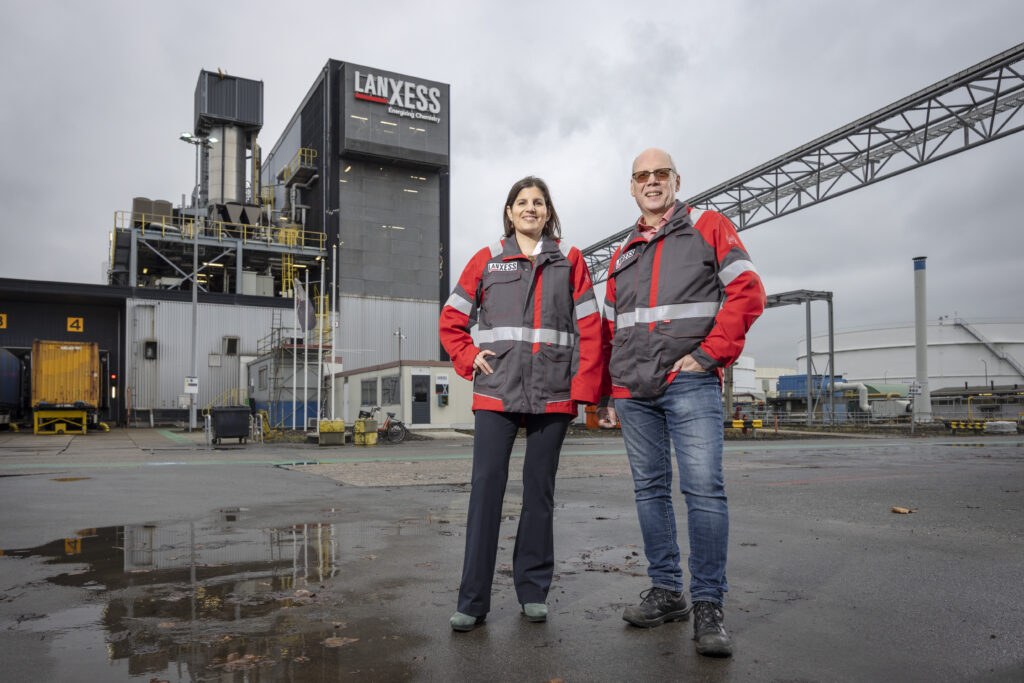
LANXESS wants to work climate-neutral by 2040 and has drawn up a roadmap to achieve this. A necessary part of this is that we say goodbye to fossil fuels and also start using renewable raw materials. A big challenge in a factory that dates back to 1961. But certainly a nice challenge, and that is exactly why I chose this job.'
Electrifying
Replacing natural gas as a heat source is necessary but complicated. After all, it is a highly efficient way to reach high temperatures quickly. Nevertheless, LANXESS decided to start looking into whether it would be possible to electrify heat production for their granulator ahead of the 2040 target. And in doing so, they enlisted the help of the Fieldlab Industrial Electrification (FLIE).
Safe and reliable
'We knew FLIE through some exploratory discussions with one of their employees,' Ana continues. 'Other colleagues within LANXESS had spoken to them before and so it seemed a smart move to ask FLIE whether it would be possible to electrify this part of the process. And of course while maintaining the safety and reliability of the production process.
Sustainable alternatives
FLIE grabbed this request with both hands, Robert de Boer and Bob Fluttert (TNO)help companies on their way to sustainable alternatives for their production processes. 'We are mainly concerned with making industrial heat demand more sustainable,' Robert says. 'One of the ways to do that is industrial electrification, hence our involvement in FLIE.'
Options
'After first mapping out LANXESS's exact demand, we started to look more closely at a number of options for electrification of this process component,' says Robert. 'After all, there are different technologies for achieving electric hot-air heating. And of course, as an independent partnership, we want to give sound, vendor-independent advice to LANXESS. We map the process, investigate the electrification possibilities, consult with suppliers of electric heat and with LANXESS. We then listed a number of future-proof and sensible options. This involved careful consideration of efficiency, technical specifications and the riskiest possible integration into the existing process.'
Hybrid
'FLIE has provided us with four promising options,' Ana continues. 'The next step now is for us to see which of these options best fits our roadmap and the site itself. What the options have in common is that all four are hybrid: i.e. partly still on natural gas and partly on electricity. With the possibility of eventually switching entirely to electricity. In the meantime, we can also respond to the peaks and troughs in supply and demand on the electricity grid. We can then do that by heating more electrically during electricity surpluses and going back to using more gas during electricity shortages. That way we can produce more cheaply, because you move with energy prices. Incidentally, this requires more than a technical adjustment: it really is a different way of thinking, which you also have to be able to explain well in your organisation. After all, you are going to make your production more flexible and your organisation must also be able to move with it. So we will involve all departments in this, because just setting up the equipment is not enough'.
Collaboration
'I found the collaboration super,' Ana states. 'The people from FLIE were always very well prepared for our meetings and presented us with four promising options. They provided us with good support, which was very welcome as we are a relatively small organisation and therefore have to think carefully about where we deploy our resources. This is partly why we decided to enlist the help of FLIE instead of going out into the market ourselves to explore the options.'
'Putting down the equipment alone won't get you there. Your organisation must also be able to move with the new way of working'.
Expertise and enthusiasm
Senior Operations Engineer Pieter de Laat of LANXESS has also had good experiences in his contacts with FLIE: 'I enjoyed working with FLIE as a sparring partner and technical source of information. Their attitude is positive and you notice from everything that there is a lot of expertise in electrification and enthusiasm about it. During the process, I provided them with the necessary information on this process component and they came up with constructive solutions for every challenge. I myself am also very solution-oriented so this working method appealed to me a lot.'
About FLIE
FLIE is a joint initiative of Deltalinqs, FME, Port of Rotterdam, InnovationQuarter and TNO and is closely supported by the Province of South Holland, the Municipality of Rotterdam and the ERDF grant.
Does your organisation have sustainability ambitions and would you like to explore the possibilities of electrification? Or do you provide an electrification solution and would you like to get in touch with end users and other important stakeholders? Then contact us. We will be happy to help you!
